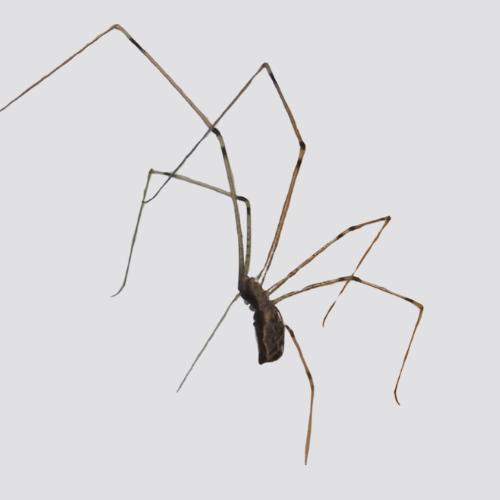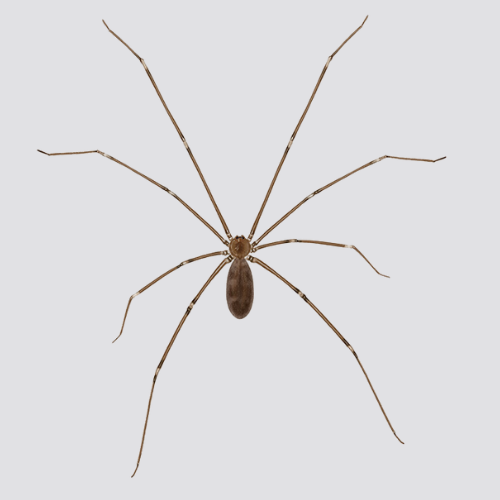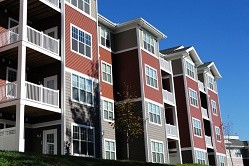Cellar Spider
Introduction to
Cellar spiders, often called “daddy long-legs” due to their long, thin legs, are common household spiders that prefer damp, dark environments. They are often found in basements, cellars, and crawl spaces, hence their name. Although their appearance can be unsettling, cellar spiders are generally harmless to humans and even provide a benefit by feeding on other insects and spiders.
Recognition
Cellar spiders have slender, elongated bodies and long, threadlike legs, making them easy to distinguish from other common household spiders. Their coloration can range from pale yellow to light brown or gray. Despite their delicate appearance, they are skilled hunters and construct irregular, loose webs in dark corners, which they rarely leave. Their long legs and delicate form give them the “daddy long-legs” nickname.
Biology
Cellar spiders reproduce by laying egg sacs in their webs, where the female guards them until the spiderlings hatch. These spiders can live up to two years, depending on environmental conditions. They thrive in damp, dark environments, which makes basements and cellars ideal habitats. Their webs are often messy and irregular, but they are highly effective at trapping prey.
Habits
Cellar spiders are nocturnal and prefer dark, secluded areas such as basements, attics, and crawl spaces. Unlike many spiders, they do not clean their webs regularly, often leaving them in place to capture prey over time. They are known to vibrate their webs when disturbed, which is thought to confuse predators. These spiders feed on small insects and even other spiders, making them beneficial in controlling unwanted pests in homes.
Prevention
To prevent cellar spiders, it’s important to address the conditions that attract them. Start by keeping basements and crawl spaces dry, which can be achieved by improving ventilation or using dehumidifiers. Ensure that any cracks or gaps in walls, windows, or doors are properly sealed to block spider entry. Regular cleaning of cobwebs and dust in dark, secluded corners is essential to discourage their presence. Additionally, installing tight-fitting screens on windows and doors can help prevent spiders from gaining access to your home. By taking these proactive steps, you can effectively minimize the risk of cellar spider infestations.
Professional
For more effective and long-lasting control of cellar spiders, professional pest control services are often the best solution. A pest control expert will thoroughly inspect your home to identify spider activity and locate problem areas. They will apply targeted treatments in areas where cellar spiders are likely to hide, such as basements, crawl spaces, and other damp, dark environments. Additionally, professionals can seal entry points and provide moisture control advice to help prevent future infestations.



Our Office









